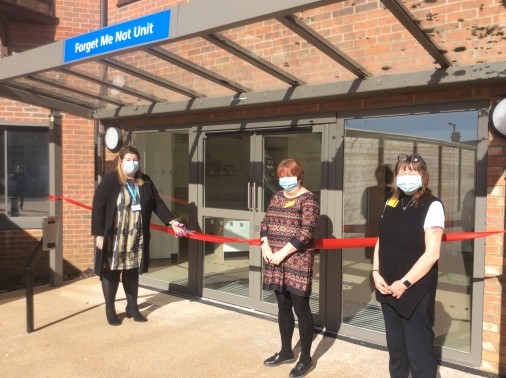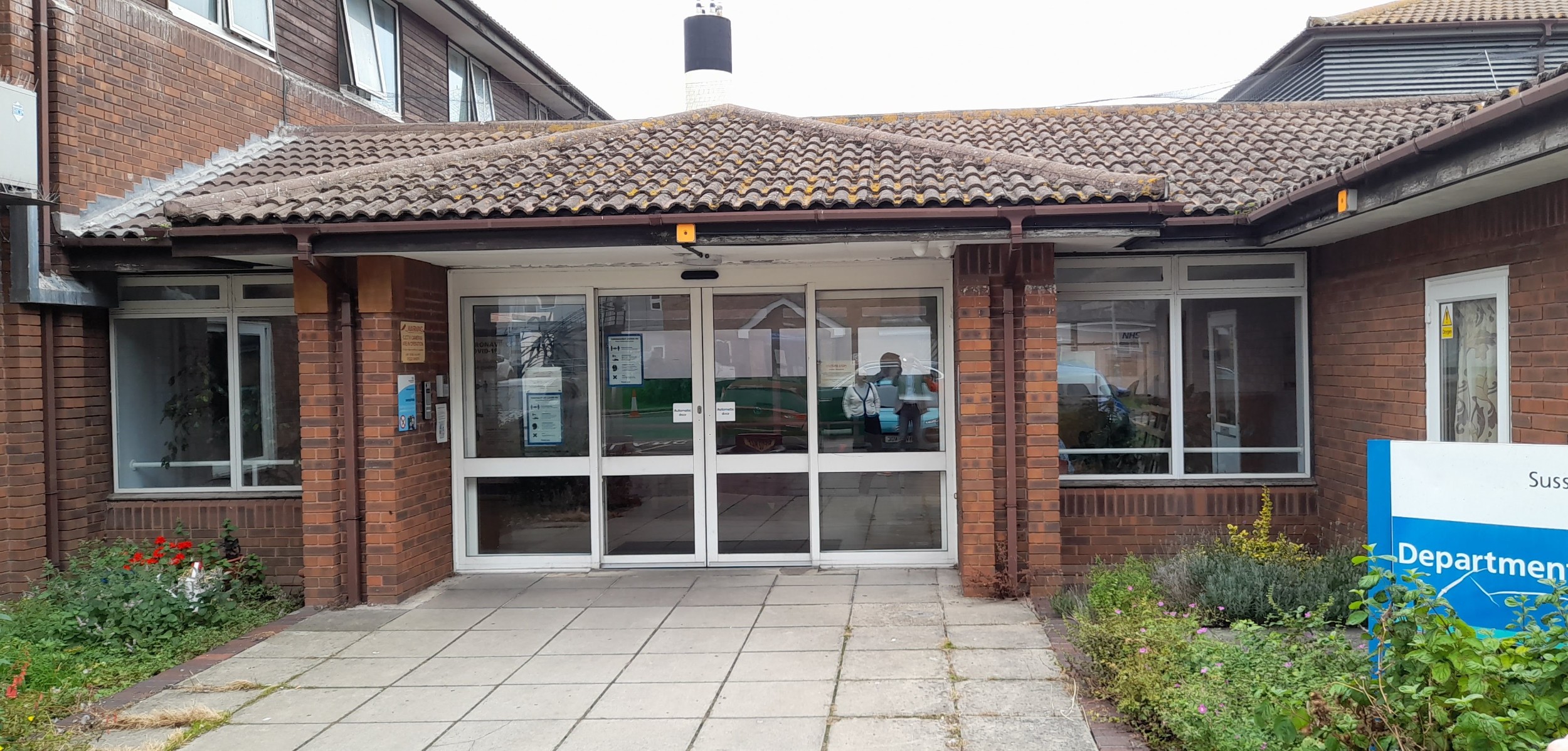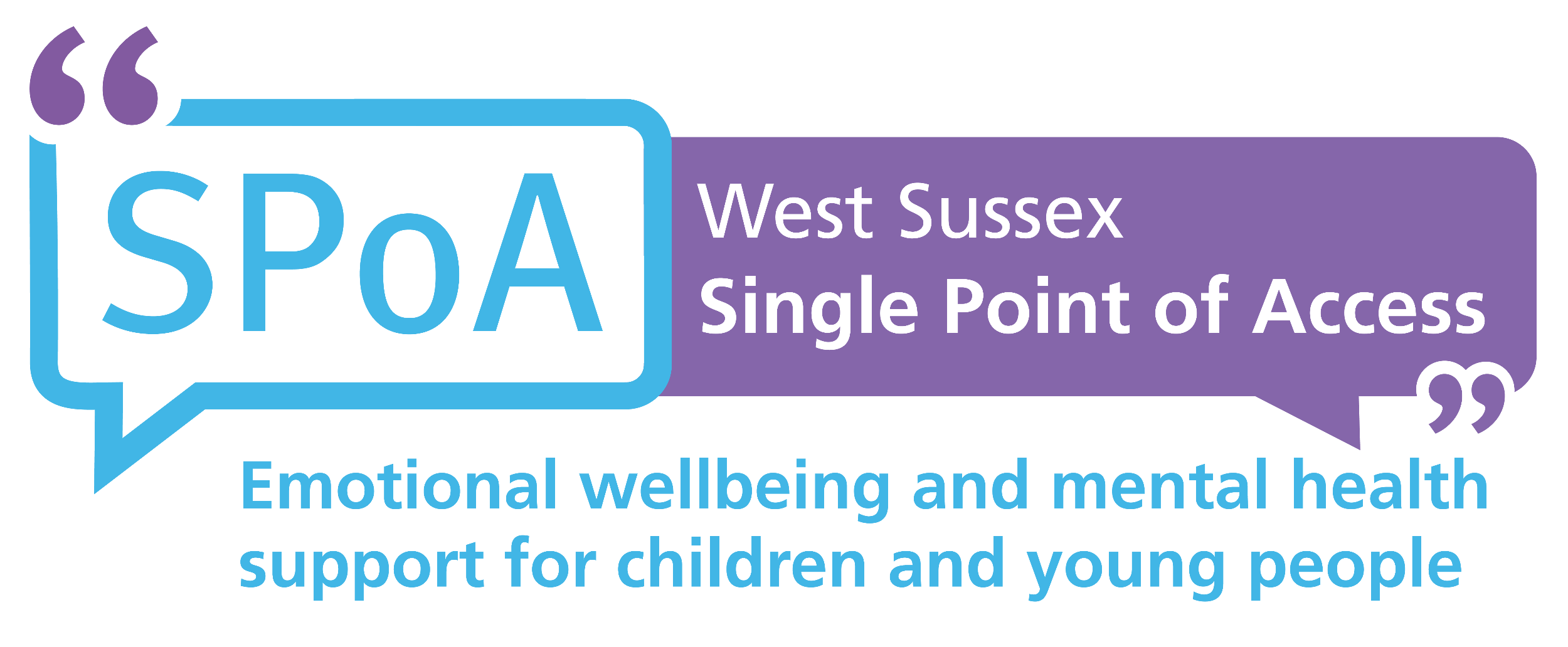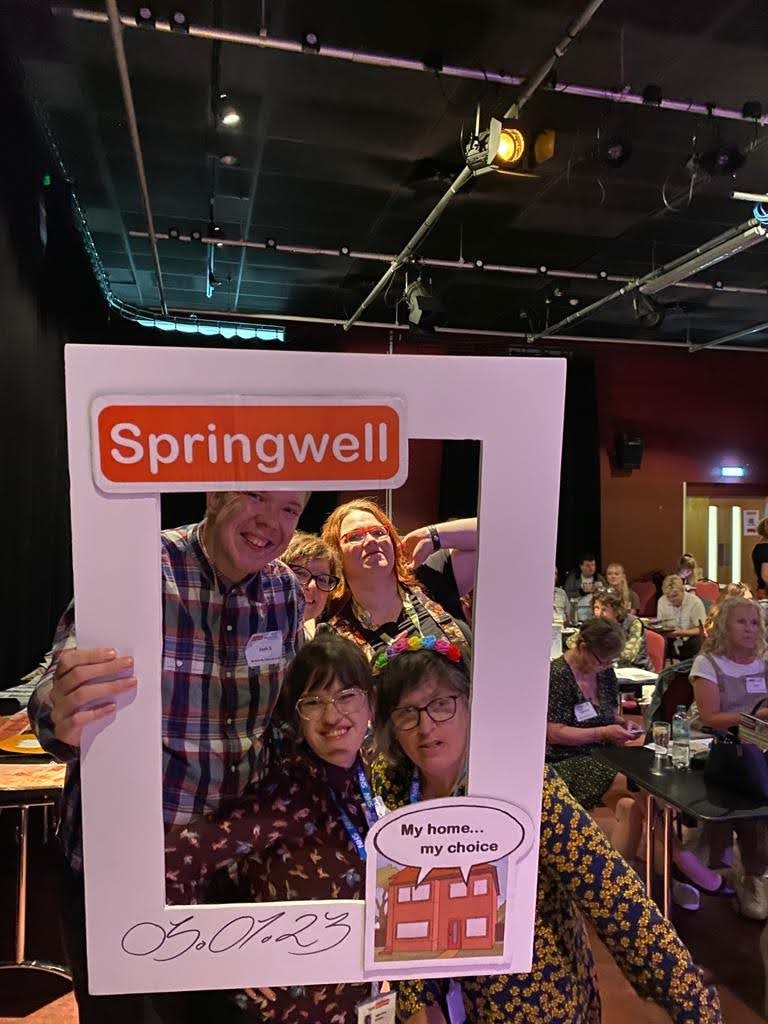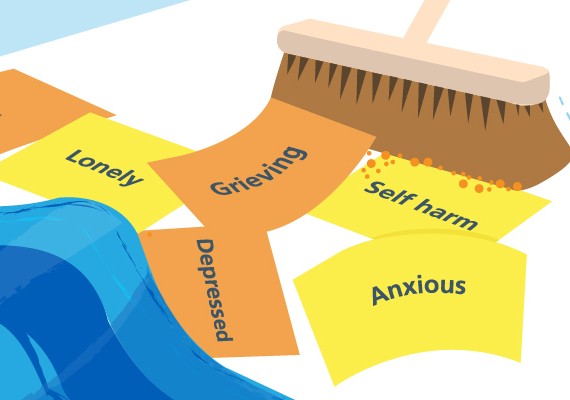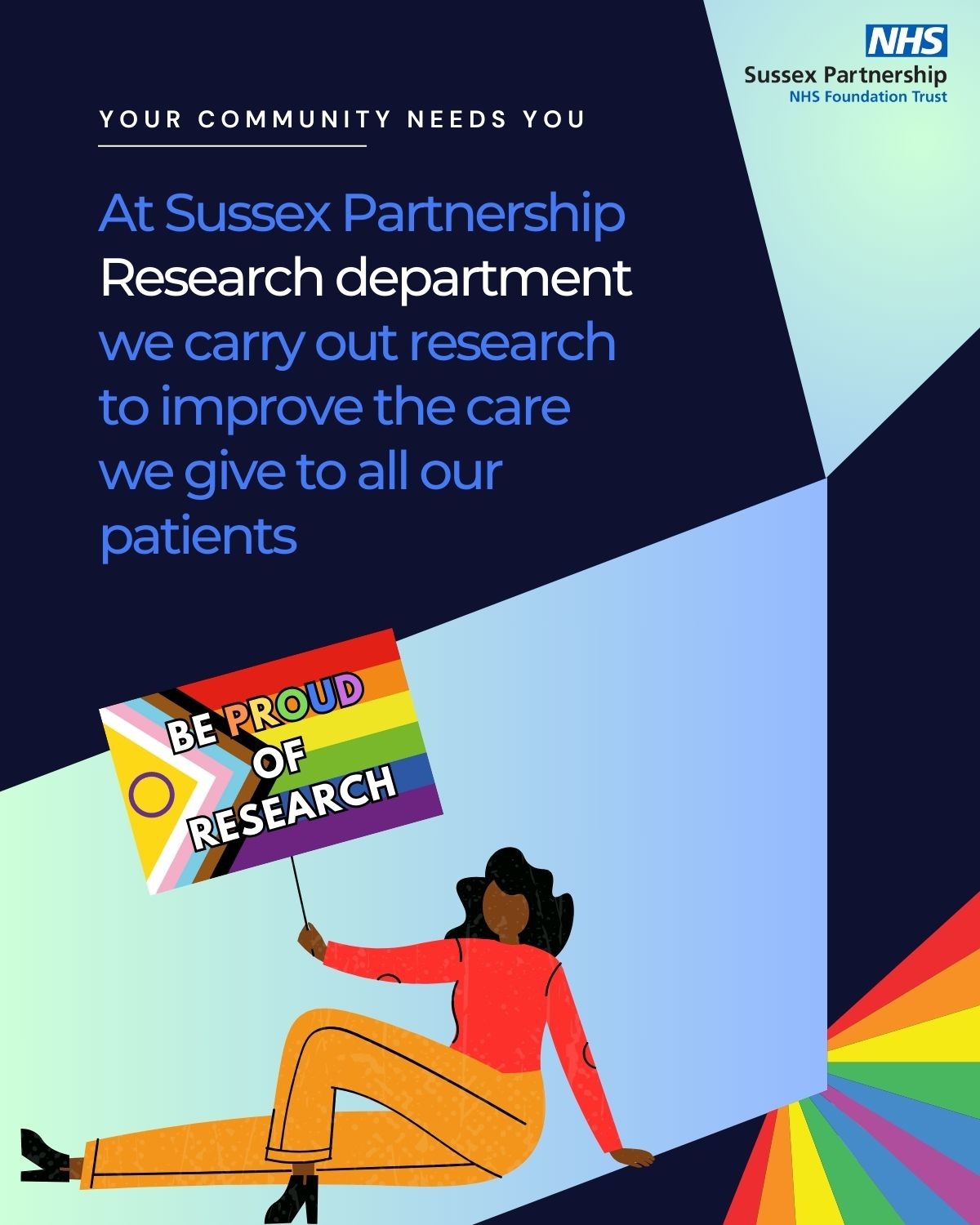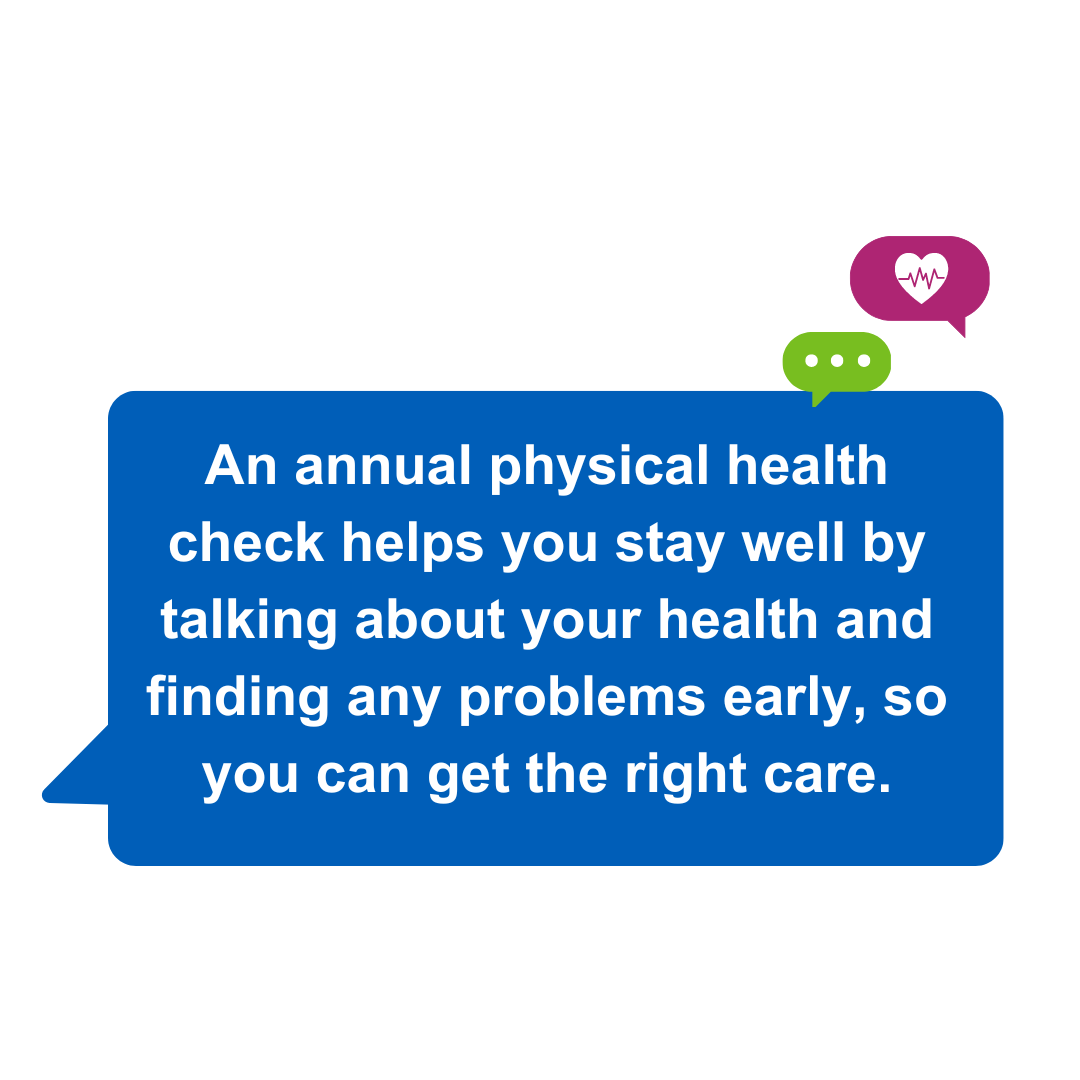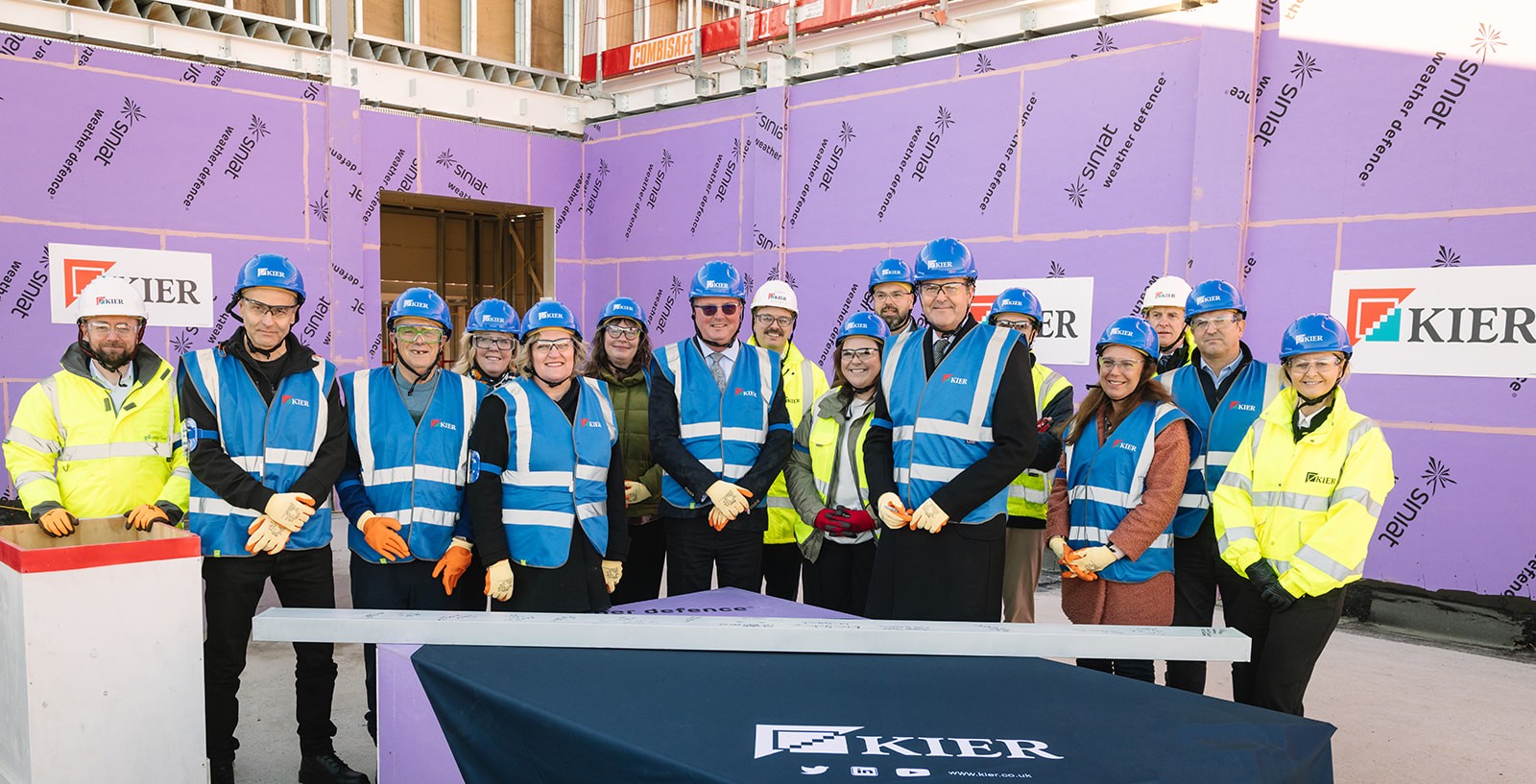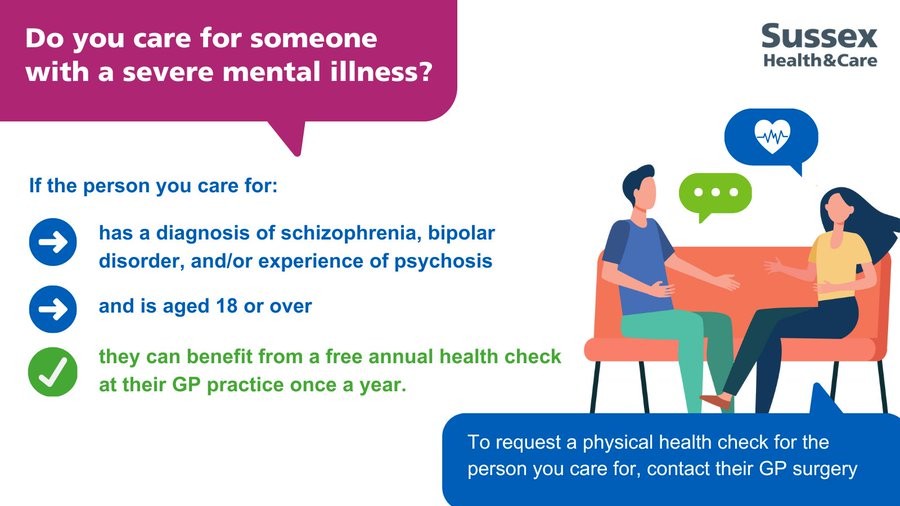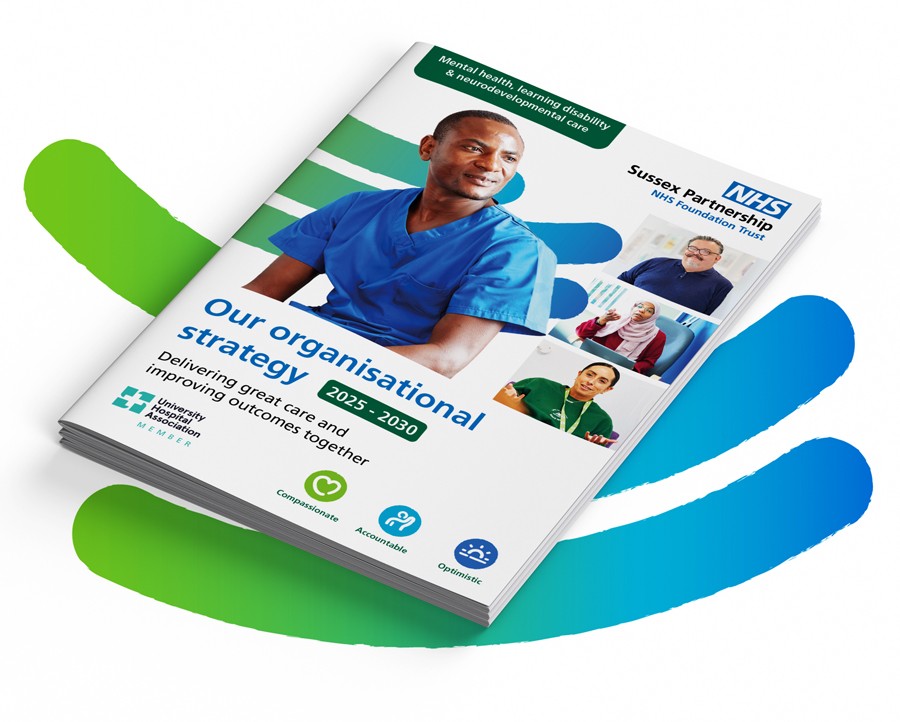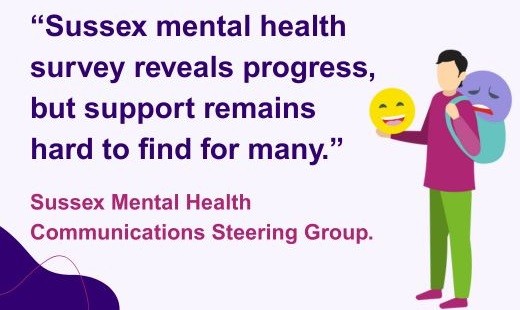
Blog by our Chair, Peter Molyneux
Our Chair Peter Molyneux writes about the challenges we face looking beyond the immediate pressures of the Covid-19 pandemic.
In the midst of a crisis, our horizons become limited by the need to manage the immediate situation. The challenge we’re all grappling with across the health and care sector is how to negotiate our way through the Covid-19 pandemic without losing sight of the further challenges that lie ahead.
One such challenge is our workforce. In many respects, it’s the single biggest challenge we face. Prior to the pandemic, there were over 200,000 job vacancies within health and care organisations. Following the pandemic the NHS will be among the few employers with high vacancy levels. Addressing this can simultaneously enable us to play a key role in helping our communities recover from the Covid-19 pandemic so that we can be an anchor institution and play an active role in the resilience of our local communities.
There as an opportunity - and a need - for us to look to our local communities, and to think through how we can recalibrate the roles we create to meet the skills that lie there in abundance. As well as focussing on where we can recruit staff from we need to ensure that we are working with schools and colleges to help develop the skills to fill the roles not just that we need now but also in the future.
There are multiple benefits to this approach. Firstly, by seeking to draw more local people into our workforce and particularly those furthest from the labour market we will make a significant contribution to population health. Secondly, we will demonstrate we are part of our local communities and the economic development of our local areas. Thirdly, and perhaps most importantly, we will provide individual employment opportunities to people whose jobs have disappeared during the course of the pandemic. This is crucial given the economic fallout from Covid-19 and the impact this will have upon mental health. When someone gains employment it leads to a reduction in the use of psychiatric beds¹ and access to employment through IPS was found to lead to a 50% reduction in health service usage².
We know that stable employment is a major factor in maintaining good mental health and helping people recover from mental illness. The need for us to explore and harness every opportunity to promote mental health and wellbeing is mission-critical given the estimate that 1 in 5 of the population may need some form of mental health support in the light of the crisis³.
So, what are the practical steps the NHS can take to play a full role in economic, social and public health recovery? Here are some thoughts.
- Collaborate across health and care systems with other organisations who are rooted in our communities such as universities, local authorities and housing associations to improve access to employment and career progression for local people.
- Build shared workforce development programmes that develop skills and enhance leadership across systems and taps into all resources and talent in our organisations and including those from BAME communities.
- Work with providers of pre-employment and employment support, promote the breadth of the roles available across health and care and improve access to work for those furthest from the labour market.
- Implement the NHS Long Term Plan commitment to increase access to specialist employment advice for people with mental health problems and ensure the provision of employment advice within improving access to psychological therapies (IAPT) services and individual placement support (IPS) services at level of ‘place’.
- Adopt a networked approach to employment support between JobCentre Plus and their partners, employment advisers in IAPT and IPS at ‘place’ with links into the multidisciplinary teams and social prescribers within Primary Care Networks⁴ at a neighbourhood level.
- Convene industry leaders at system level to develop new supply chains that add social value and contribute to the economic and social development of our local area.
Being an anchor institution is not just a project it is a way of being. It’s who we are, it is how we are seen and how we see ourselves. When you come through a crisis, there can be an understandable, natural inclination to return to the familiar as a source of psychological comfort.
However, we mustn’t let habit pull us back towards old ways of working – tempting as this may be. That would be a missed opportunity, both in terms of helping us transform services for our local communities and promoting our communities’ recovery from Covid-19.
References:
¹Bush PW, Drake RE, Xie H et al (2009) The Long-Term Impact of Employment on Mental Health Service Use and Costs for
Persons with Severe Mental Illness. Psychiatric services 60(8): 1024-1031.
²Salkever DS (2013) Social Costs of Expanding Access to Evidence Based Supported Employment: Concepts and Review of
Evidence, Psychiatric Services 64(2): 111-119.
³O’Shea N (2020) Covid 19 and the Nation’s Mental Health: October 2020 - Forecasting Needs and Risks in the UK. Centre for Mental Health.
⁴ Molyneux P, Perkins R and Rinaldi M (2020) Ensuring Appropriate Employment Support for People with Mental Health Problems. nhsconfed.org/resources/2020/10/ensuring-appropriate-employment-support-for-people-with-mental-health-problems












